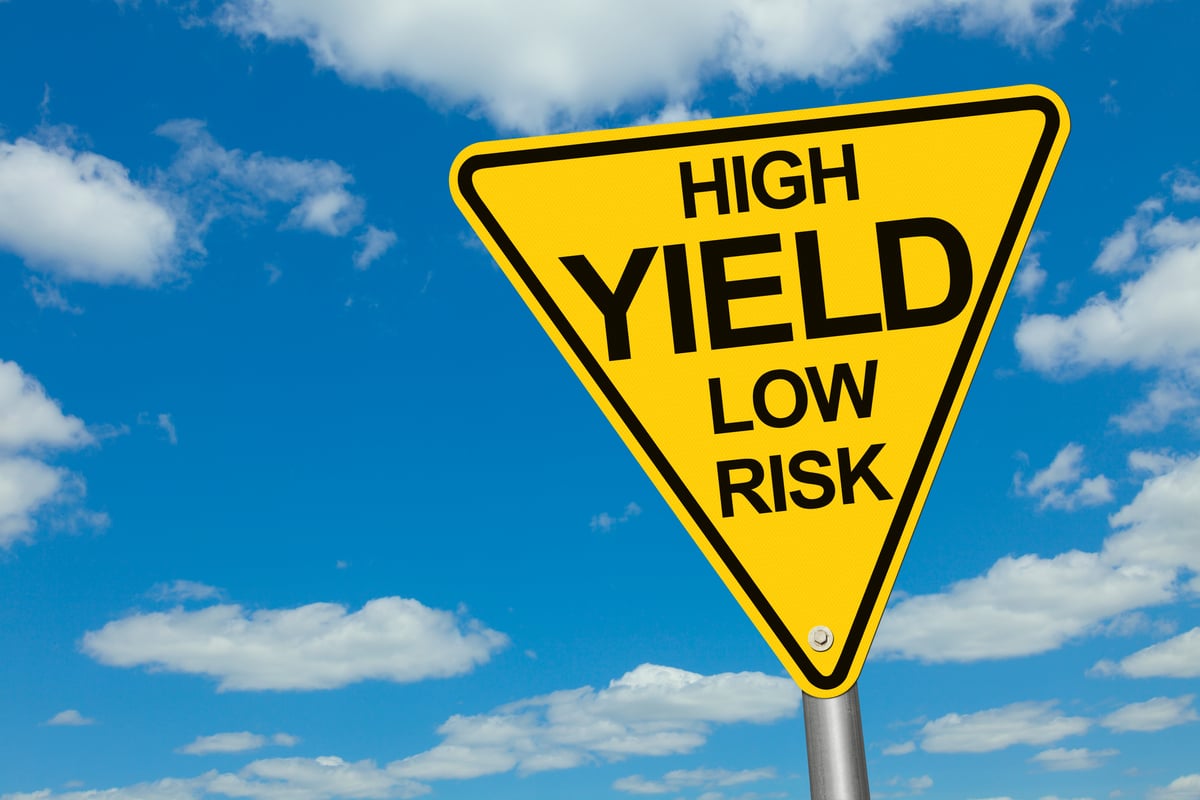The anti-soda movement has been brewing for several years, and now 2016 is looking like it could be the biggest year for taxing soda yet. Proposals are on the table in California and Philadelphia, and another one of the world's biggest economies joined the soda-taxing list just last week.
The U.K. announced a new tax on sugary drinks, mandating a fee for any beverage with more than 5 grams of sugar per 100 milliliters. A higher rate applies to drinks with more than 8 grams. With the decision, the U.K joins Mexico, France, and several other European countries that have already imposed a tax on sugar or sugary beverages.
As in other countries, the British government made the decision to fight a rising obesity epidemic, as its childhood obesity rate is now among the highest in the developed world, with one out of five British children considered obese. The tax is set to go into effect in 2018, and will cost the equivalent of $0.12 for a can of soda.
A similar tax in Mexico has been lauded by health officials for cutting sugar consumption in what was at one point the world's most obese country. One year after its introduction, purchases of sugary beverages are down 12% in Mexico, with larger declines among the poor -- an added benefit, as they are often the heaviest consumers of soda and the ones who can least afford healthcare.
Meanwhile, in the U.S., several municipalities have broached the subject -- the most famous being former New York Mayor Michael Bloomberg, whose crusade against soda was struck down by a judge -- but only Berkeley, Calif. has managed to pass a beverage tax, charging a penny per ounce on sodas and other sugary drinks. It's unclear yet if that fee has changed consumption habits.

State lawmakers are trying once again to impose a soda tax this year in California, with a bill that would charge 2 cents per ounce, and in Philadelphia, legislation is on the table for a 3 cents per ounce tax. Beverage taxes have already been rejected twice in that city, but new Mayor Jim Kenney has taken the issue up once again.
What it means for big soda
Not surprisingly, soda giants like Coca-Cola (KO +0.34%) and Pepsico (PEP +0.04%) have fought the bills time and again. The lobbying arm of the industry, the American Beverage Association, spent $114 million fighting against sugar taxes between 2009 and 2014.
While proposals in the U.S. have consistently been defeated, with the exception of Berkeley's, their continued presence in legislatures shows that health advocates expect the battle to be continue and to be a long one, much as it has been with tobacco and other progressive causes. As long as obesity continues to be an issue, the idea of a soda tax is not going away.
With or without a tax, soda consumption has already begun declining domestically, falling every year since 2004. Notably, diet soda sales have been falling faster than non-diet, indicating that Americans see more problems with soda than merely sugar.
Coke and Pepsi have been steadily diversifying away from high-calorie carbonated beverages to grow in spite of the trend. Over the years, Coke has added brands like Zico coconut water, Fuze fresh juices, and Vitamin Water to its stable. More recently, it announced a goal of growing its premium-milk brand, Fairlife, to annual sales of a billion dollars. With a large portfolio of food and drink brands like Frito-Lay and Quaker, Pepsi is more protected from declines in soda consumption; nonetheless, it has continued to move away from its namesake brand.
In the "Challenges and Risks" Coca-Cola identified, obesity was listed as its first risk factor.
Nearly third quarters of Coca-Cola sales come from carbonated beverages, meaning that even the success of new brands like Zico or Fairlife may not offset the declines in soda, especially if taxes continue to spread. Trademark Coke products made up nearly half of the company's sales, indicating how important that brand family is to its overall success.
The next tobacco?
Comparisons between soda and tobacco have become popular in the media. Cigarettes at one time were an inextricable part of the national fabric, but after decades of legislation and campaigns against smoking, tobacco consumption has declined substantially in the U.S. Health advocates see a parallel with soda, which they view as "empty calories" and a leading cause of the obesity epidemic as well as higher rates of heart disease and diabetes.
While the American public has mostly rejected soda taxes thus far, the success of the Mexican tax shows it could become more popular in the developing world as obesity becomes a worldwide problem. Globally, the diabetes rate rose 45% between 1990 and 2013, with a 56% increase in China. The Asia-Pacific region has been Coke's strongest in recent years, but if diabetes continues to rise, Chinese officials may choose to implement a tax as Mexico has.
For investors, one lesson from the anti-tobacco crusade is that tobacco stocks have emerged largely unscathed, and, surprisingly, many are at all-time highs, as they've been able to raise prices to offset lower volumes. Likewise, profits for the soda companies aren't going to disappear overnight, but they may not benefit from the same factors as tobacco. Soda is not addictive, and there are plenty of substitutes, including a free one -- water.
For Coke, the most likely outcome seems to be that its pattern of slow growth will continue, though investors should keep an eye on the soda tax battles, as they pose a serious threat.







